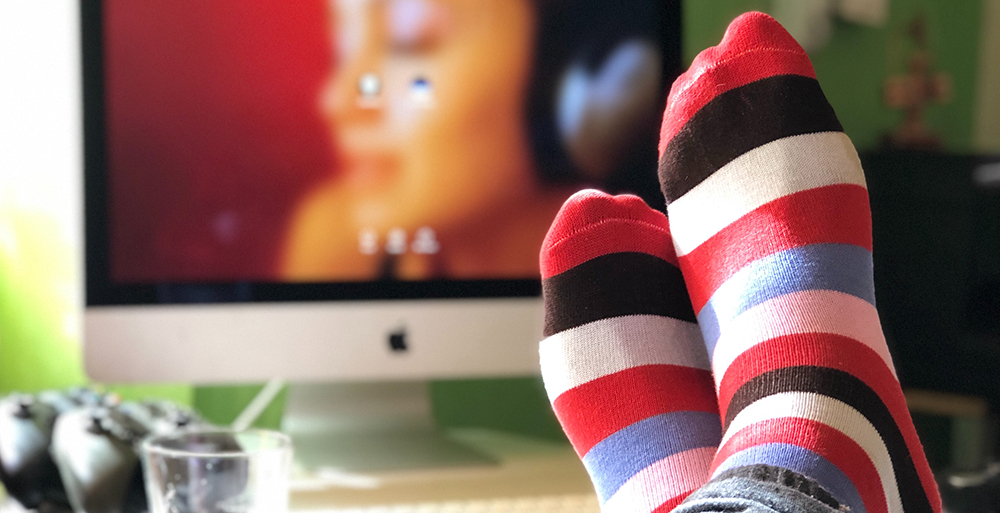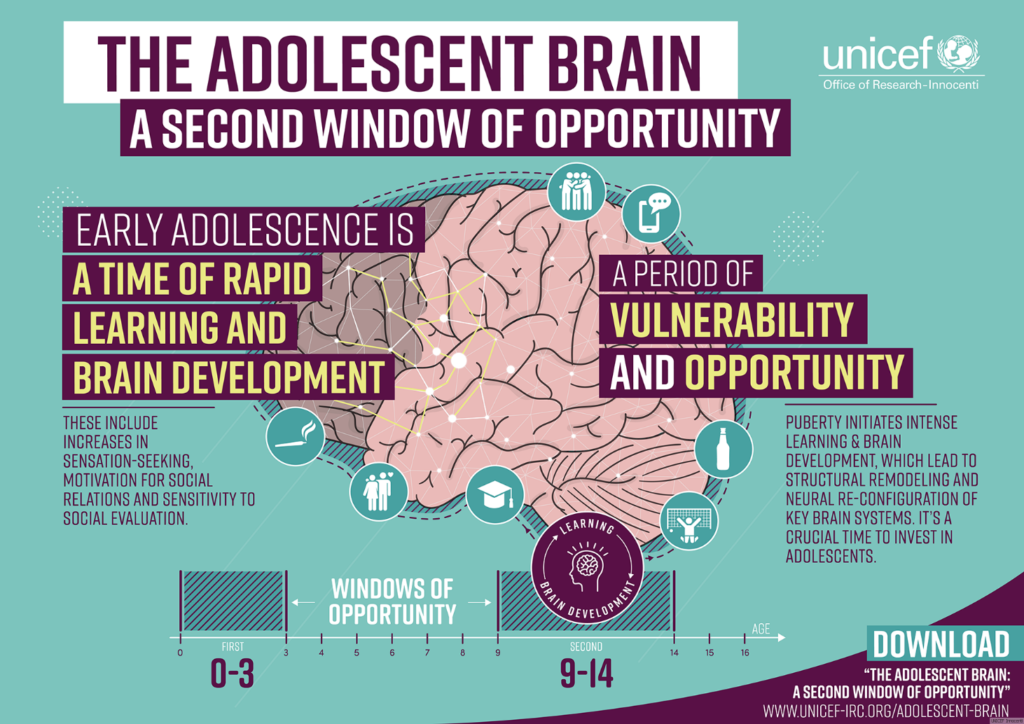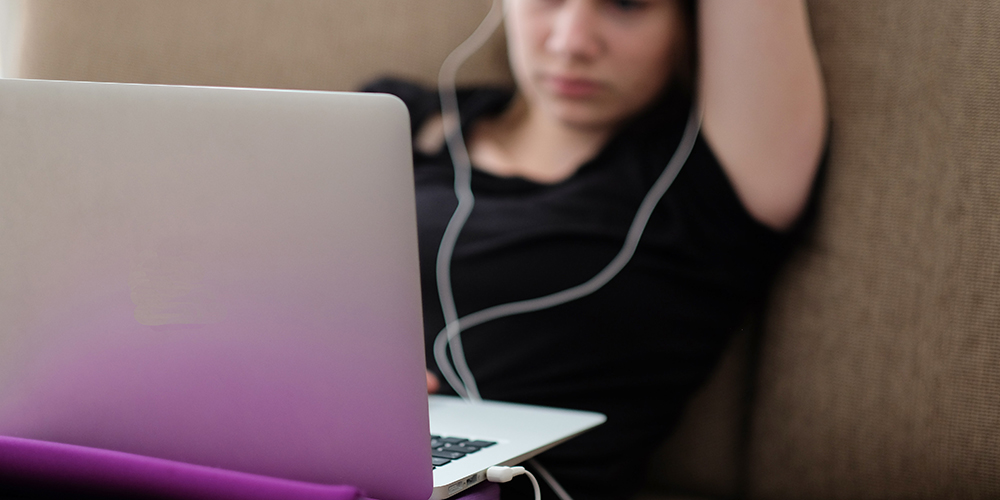BY HANNAH WOODS

The pre-teen and early teenage years – particularly those aged 9-14 – are a period of massive growth and development within the brain.
Young people perceive risks differently during this time, and therefore respond to risks differently. Assessing the risks posed by the coronavirus will therefore be a different type of challenge for them.
During this developmental phase, young people are also moving more to find their identity within friendships, rather than the traditional family unit – so separation from their peers and enforced close-quarters contact with family may need particular considerations from parents.

All of this combines together to create an interesting challenge for lockdown.
Thanks to a bad cold, I was quarantined a week ahead of the school closures. Within 48 hours I could see lockdown on the horizon for our country.
One of the things that makes me a good youth worker is my propensity to get bored quickly – it makes me something of a gas canary.
If I get bored, young people will get bored, and boredom often turns creative. I have found that creativity can go in all sorts of directions; my favourite act of creativity, across 15 years of youth work, was the 11 year-old who put a slice of toast in the boys’ toilets’ sink and turned the tap on.
Until that day I had never realised toast could be a very effective plug… He’d flooded the youth centre hallway before we realised what had happened. Not funny at the time, but one of my favourite stories now.
Boredom can also turn into loneliness and sadness.
Any little mental health niggles can escalate, particularly for extroverts who gain a lot of their energy from engaging with other people.
For young people who regularly walk or cycle to school, that’s a lot of exercise to suddenly not be getting, which will add to the mental strain.
Screen usage has probably escalated for many young people – previously they would sit in a classroom amongst peers, and now they are studying through Microsoft Teams or Google Classroom.
It takes a very reflective young person, who has been taught to look out for these things, to recognise that they are starting to get stir-crazy or lonely or exhausted from screen usage.

They might not always have the tools to then address these issues – negotiate a time to do a home workout and find a home workout to do, develop a balance between connecting with friends on social media and spending too much time on screens, connecting positively with the ‘In Real Life’ (IRL) people who are in their home.
We want to help young people honour and uphold the lockdown. We’re very aware of the support and wellbeing young people draw from their friendship groups and from the youth groups we run, and we want to provide something as fast as we safely can.
The Doorsteps and Find Your Fire Youth Teams are pulling together and creating the safeguarding paperwork needed to run youth groups through the Zoom Conference Calling facility.
If you would like copies of any of our resources or a quick chat about how we’re planning to run things, please get in touch with h.woods@viva.org. We want to support all young people through this.
